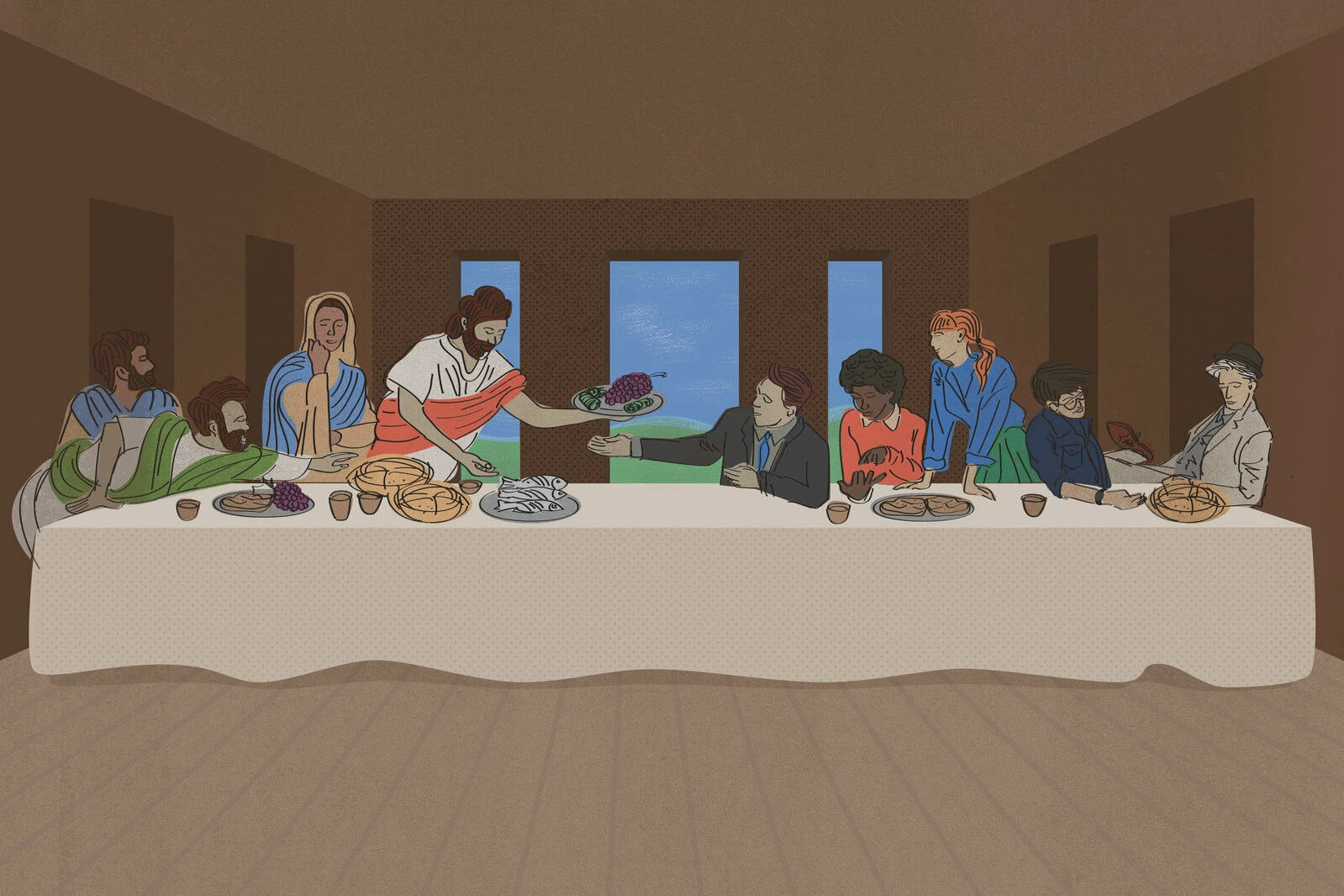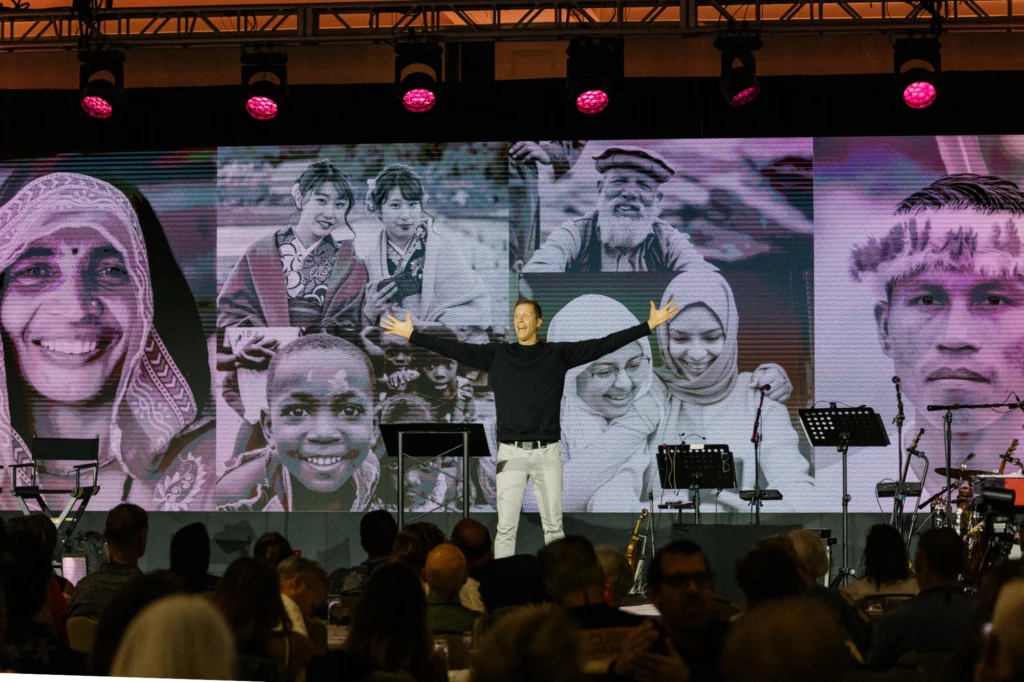I find the generosity of the early church very compelling. Acts 2 and 4 reference it with astounding lines like these:
· “There was not a needy person among them.”
· “They were selling their possessions and belongings and distributing the proceeds to all, as any had need.”
· “They received their food with glad and generous hearts.”
Generosity was one of the most distinguishing features of first-century Christians. I believe God desires to make us these kinds of people again. So how do we get there?
Enemy Territory
Our first step is to recognize we live in enemy territory. Christians aren’t the only ones with a message; our world is constantly preaching. It says, Life is found in the abundance of possessions. More money will make you happier. A bigger house, more land, a better car, new clothes, more vacations, these are the treasures worth pursuing.
The cultural pressure towards loving and trusting in money is immensely strong. Money is our symbol of success. It’s seen as the anchor of our value. In our churches, we might hear one or two sermons a year on money, but we hear hundreds of messages every year from the world.
Money is the idol of our age and none of us are immune. We fear money. We love money. We trust in it. And we believe losing it will ruin us. Our Lord talked about money, stewardship and possessions so often because he knew the reality of this battle and wanted to help us face up to it. In order to take ground we need to acknowledge we’re in a fight.
Our Battle Within
This battle we face is not just the world’s fault. It rages inside of us as well. Our flesh pulls us towards greed and selfishness. It lies to us, saying, Rely on yourself, protect yourself, secure yourself, and indulge yourself. It makes sense to us and even sounds wise to stockpile treasure for ourselves. But no matter how much we accumulate or how big our bank account gets, our flesh will never be satisfied. The flesh always wants more.
Every Christian, including the apostle Paul, battles the flesh. We’re all inclined to do the very things we hate. We drift towards trusting in created things rather than the Creator God. This is why Jesus taught us to deny ourselves, take up our cross daily, and follow him. (Mark 8:34)
Self-denial is God’s way of protecting us from our flesh. It’s his mercy to guard us from our lusts. God is not trying to keep us from good things, he’s trying to give us the best things, which are spiritual, not physical. Self-denial is a missing ingredient in the lives of many Christian leaders who have fallen. Their popularity and fame somehow led them to feed their flesh instead of deny it. The same is true of prominent Christian business leaders. Success often seduces us into thinking self-denial is optional. If left unchecked, our flesh will sooner or later take us down.
The Devil
Our third enemy is the devil. That serpent from the garden still slithers. That roaring lion still prowls. The fallen angel still masquerades as an angel of light.
He who tempted Eve with what was pleasing to the sight and able to make one wise comes after you and me as well. He who tempted Jesus with all the kingdoms of the world and their glory, whispers into our minds too. He who led Judas to exchange Jesus for thirty pieces of silver will gladly offer us the same deal. Just name your price.
The devil wants us to make money the main goal of our lives. He’s okay if we’re religious. Plenty of religious leaders love money. (Luke 16:14) But the devil lies to us saying we don’t have to choose, we can worship God and money. But it’s a trap, a hook, a classic bait and switch. And the price is enslavement to our enemy.
A Better Way
The first-century believers lived differently because they saw something different in Jesus’ life. Many of them were eye-witnesses to the fact that the Son of Man had nowhere to lay his head. They watched Jesus pour his life out for others. Day after day Jesus gave his life away preaching, teaching, and healing.
Those early Christians heard Jesus say, “It is more blessed to give than to receive.” (Acts 20:35) They learned that the real connection between money and happiness, is not having and happiness, it’s giving and happiness. To the first-century church, radical generosity was normal Christianity.
The pinnacle of what they witnessed was the cross. The Son of God denied himself to the point of death, even death on a cross. He gave his body and his blood, not out of duty, but out of love.
What the early church knew for sure was that Christianity, at its core, is good news of a generous God. What if we were the generation to recapture that same faith in the same God? What if our churches rebuilt the ancient walls of generosity? A former professor of mine, Walt Russell, said it so well,
“To learn to give generously is not primarily to deny self vigorously, but to learn to love generously as we are so loved.”
© 2016 John Rinehart



